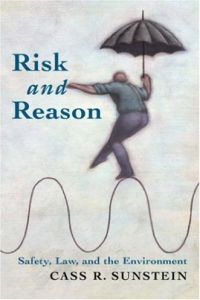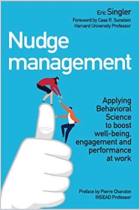
Risk and Reason
Safety, Law and the Environment
Read offline
Recommendation
Although this excellent book largely concerns government policy-making, the introductory chapters are must-reading for everyone who reads newspapers, watches television, participates in the political process or ventures an opinion on health risks, environmental risks or other risks. Author Cass R. Sunstein shows that most people view risk through a grossly distorted lens. People often see small risks as big and big risks as small, and they often advocate solutions whose risks are even greater than those of the problems they purport to solve. Democracies are particularly susceptible to costly, dangerous missteps caused by a flawed view of risk, so citizens must understand what they are doing when they demand regulation or freedom from regulation. Sunstein’s approach to cost-benefit analysis suggests that it can help people agree on practices, even if they disagree on principles. getAbstract recommends this must-read book, despite the somewhat dry and legalistic nature of the latter chapters. If you do not care to follow the workings of the Environmental Protection Agency in as much detail as the author, read the early and concluding chapters to derive much of the book’s value.
Take-Aways
About the Author
Cass R. Sunstein is the Karl N. Llewellyn Distinguished Service Professor at the University of Chicago. His most recent books are Republic.com and Designing Democracy. His many awards include the Goldsmith Book prize and, three times, the award for the best scholarship in administrative law from the American Bar Association. He contributes frequently to the New Republic and The New York Times.


































Comment on this summary or Start Discussion